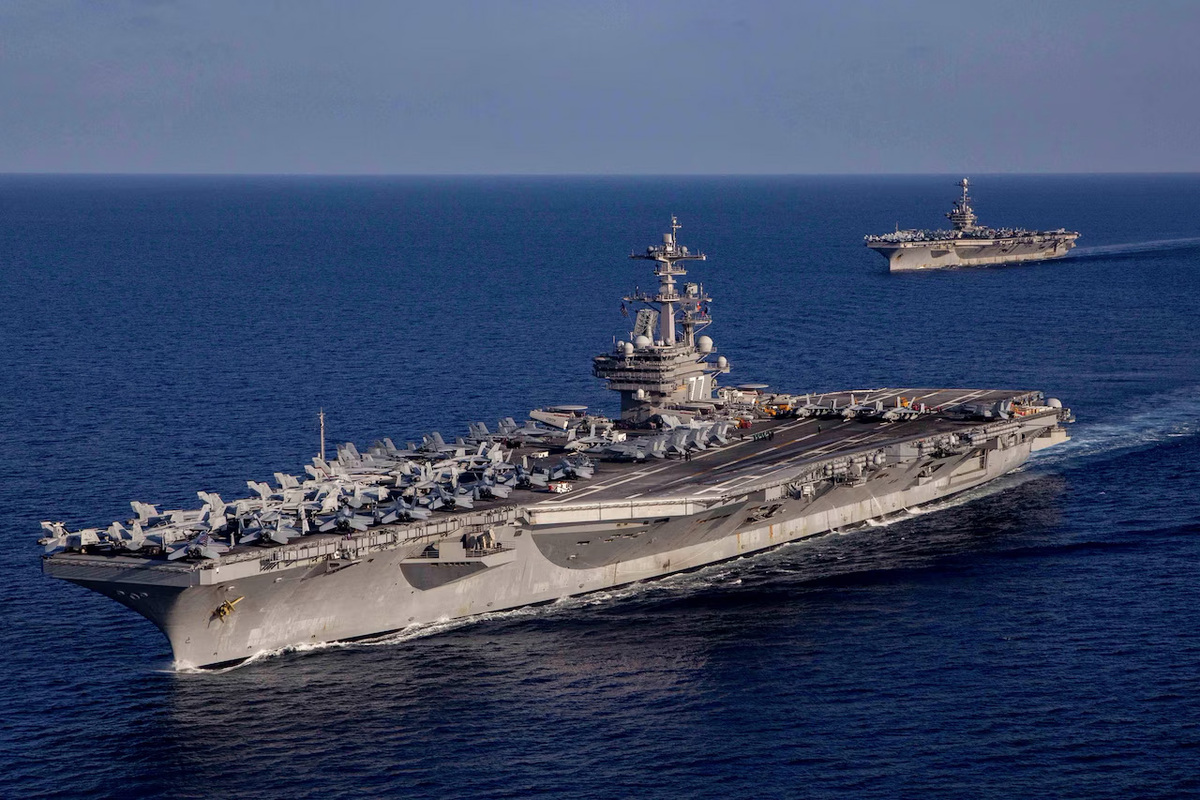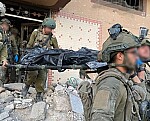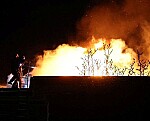Congress Commission on the National Defense Strategy
The Congress Commission on the National Defense Strategy, established as a part of the 2022 National Authorization Act, recently published its assessment of the implementation of the 2022 National Defense Strategy.

The Commission supported by the RAND Corporation found that the United States is outpaced by the People’s Republic of China (PRC), which negated the US military advantage in the Western Pacific. Furthermore, the PRC is increasing its defense budget by 7.2%.
However, the Commission identified serious shortcomings in the implementation of the 2022 National Defense Strategy. The U.S. Military needs improvement in many areas to be ready to deter and prevail in combat. The Commission also stressed that the U.S. Defense industrial base is unable to fully support the U.S. military. Another significant shortfall identified by the Commission is the danger of being unaware of the cost of the potential conflict by the American public.
According to the assessment, the PRC is continuing its military modernization and is outpacing the U.S. According to the former chief of the U.S. Indo-Pacific Command, Admiral John Aquilino, the PRC's military modernization is on a scale not seen since the World War II. If this trend continues, the PRC military will become a peer and, in worst case, superior military competitor to the U.S.
As with the Russian threat to NATO, the U.S. should boost its presence in Europe, meanwhile, European states must play the main role in European defense. In the case of simultaneous conflicts, Europeans need to reduce their reliance on the critical U.S. enablers (such as AWACS aircraft or air-to-air refueling aircraft).
The most important part of the Commission's assessment of the implementation of the 2022 National Defense Strategy focuses on the Defense Industrial Base (DIB). The Commission stated that the U.S. “no longer has the capability for a World War II-style industrial mobilization”. Due to declining U.S. DIB, the U.S. lost over 17,000 defense sector companies over last five years. Moreover, the DIB is not capable of producing defense items at scale and speed and overall military readiness is being hindered by deteriorating conditions of maintenance depots. One of the most dangerous facts is that the U.S. is still heavily dependent on foreign suppliers outside of the allies and partners' circle.
For instance, according to Govini, the U.S. heavily relies on its most dangerous competitor, PRC, in both naval and air domains, as Chinese companies supply thousands of semiconductor parts for the newest nuclear-powered Ford-class aircraft carrier or the main carrier-based aircraft F-18 Super Hornet. The heavy dependence is also visible in the munitions, as the key munitions for the western Pacific theater are based on parts manufactured by Chinese companies.
The most visible example of acute problems of the U.S. DIB is the U.S. shipbuilding industry and its incapability to boost production of Virginia-class nuclear-powered attack submarines, which are considered key naval asset for potential war in the Western Pacific and cornerstone of AUKUS security pack. However, the Fiscal Year 2025 budget requests only one submarine due to industrial base concerns. The U.S. shipbuilding industry could face headwinds until at least 2042 if there is no additional investment to expand the industrial base. Moreover, according to David Berger, former commander of the U.S. Marine Corps, the U.S. shipbuilding industry is not capable of not only producing new vessels but also maintaining and repairing current vessels in service. This could, according to Berger, hamper the U.S.'s capability to repair ships during potential conflict with a peer adversary. This particular problem could be, at least to some extent, resolved by a change of U.S. policy, allow shipyards in Japan and Korea Republic to maintain and repair U.S. homeported vessels.
The Commission also found that DIB could face headwinds due to the overreliance of partners and allies on the U.S. DIB, as no other NATO member state has sufficient weapons and ammunition stocks or industrial capacity to sustain a larger conflict.
Overall, what does this report mean for U.S. allies and partners? The U.S. military and DIB are not in good shape, and due to rising numbers of crises and wars all over the globe, it is difficult to assess how the U.S. could respond. The U.S. is focused on competition and potential conflict with the PRC. Thus, Europe must rise and speed up its own DIB modernization and adjustment as soon as possible.









